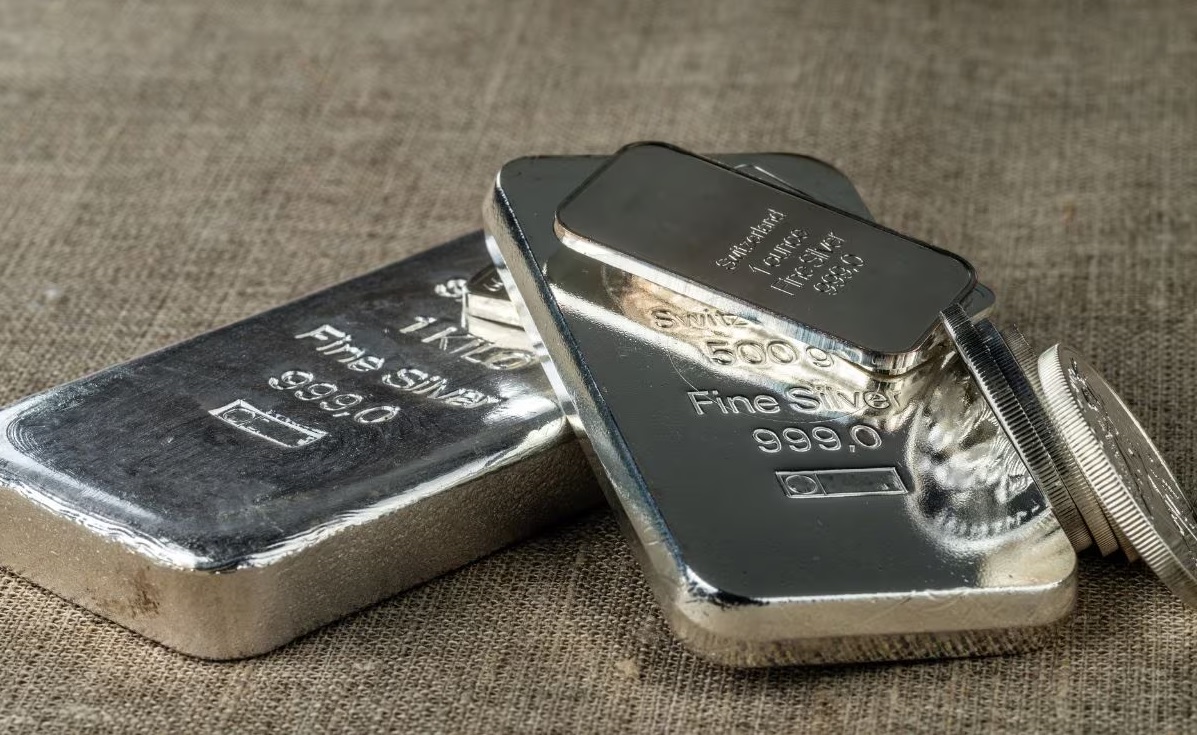The Indian government took a significant decision on Wednesday. Following a sharp increase in imports of silver and precious metal jewellery from some ASEAN countries, including Thailand, the government announced restrictions on their import till March 31, 2026.
Restrictions on import of silver and precious jewellery – In a notification issued by the Directorate General of Foreign Trade (DGFT), it has been said that the import policy under “free” has been changed to “restricted” with immediate effect. This means that a government license will now be mandatory for those products which could be imported without any permission till now. If we look at the affected products.. These restrictions are mainly on silver jewellery, jewellery made of precious metals and jewellery without gemstones. These have been imported without any hindrance till now.
Focus on ASEAN countries – ASEAN (Association of Southeast Asian Nations) consists of 10 countries—Brunei, Cambodia, Indonesia, Laos, Malaysia, Myanmar, Philippines, Singapore, Thailand, and Vietnam. Recently, the arrival of these products from Thailand has increased the fastest.
Abuse of duty exemption – According to officials, Thailand is not a silver producing country, yet it is importing large quantities of silver from there. This is being considered as an attempt to evade duty exemption under the ASEAN-India Trade in Goods Agreement (AITIGA). According to officials, about 40 metric tonnes of silver was imported from Thailand, of which 98% came from this single country.
Preventing misuse of Free Trade Agreements – This decision of the government is to prevent misuse of Free Trade Agreements (FTAs). This new policy is being implemented to control the act of bringing in large quantities of silver in the name of importing silver in the form of finished jewellery.
Export of non-basmati rice – In a separate notification, DGFT has revised the non-basmati rice export policy. Henceforth, contract registration with APEDA (Agricultural and Processed Food Products Export Development Authority) will be mandatory for export of non-basmati rice. In the DGFT statement, it was clarified that “export will be permitted only if registered contracts are in place.”
Export of non-basmati rice – In a separate notification, DGFT has amended the export of non-basmati rice. Henceforth, it will be mandatory to get a contract registration with APEDA (Agricultural and Processed Food Products Export Development Authority) for export of non-basmati rice. In the DGFT statement, it was clarified that “export will be permitted only if there are registered contracts.”
Good for the environment – Second-generation ethanol produced from cellulosic materials does not use cropland and significantly reduces greenhouse gases. The government has said that this will contribute to increasing the use of environmentally friendly energy. Meanwhile, there are expectations that the government’s decision may increase silver prices.
We have taken all measures to ensure that the information provided in this article and on our social media platform is credible, verified and sourced from other Big media Houses. For any feedback or complaint, reach out to us at businessleaguein@gmail.com
